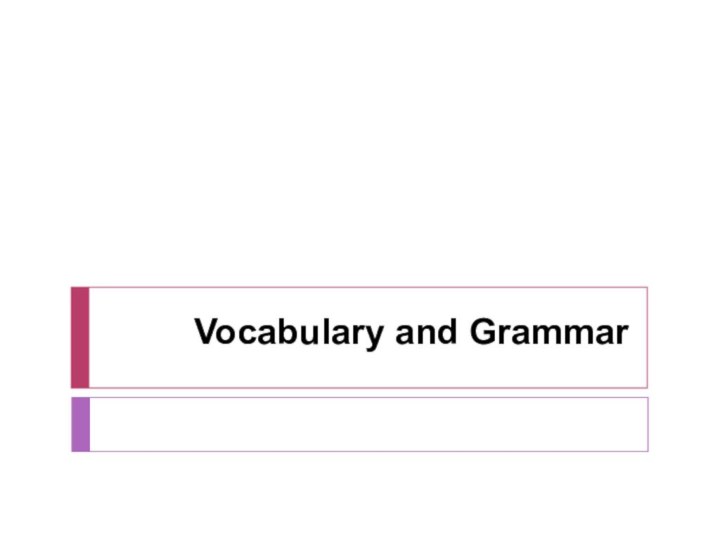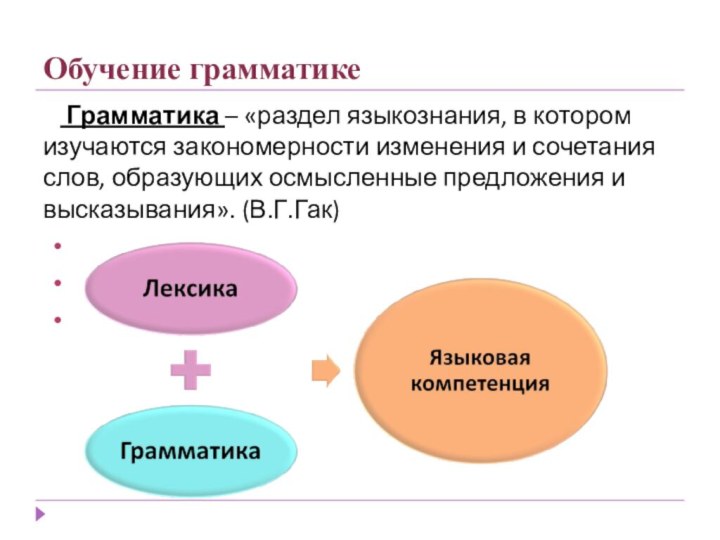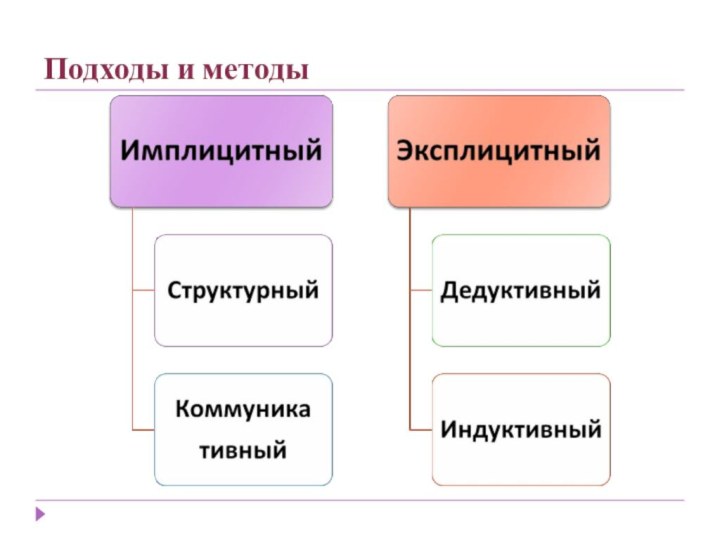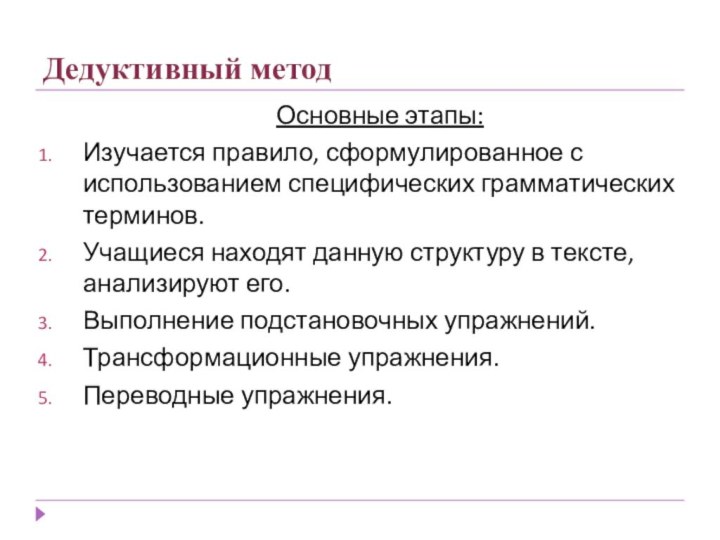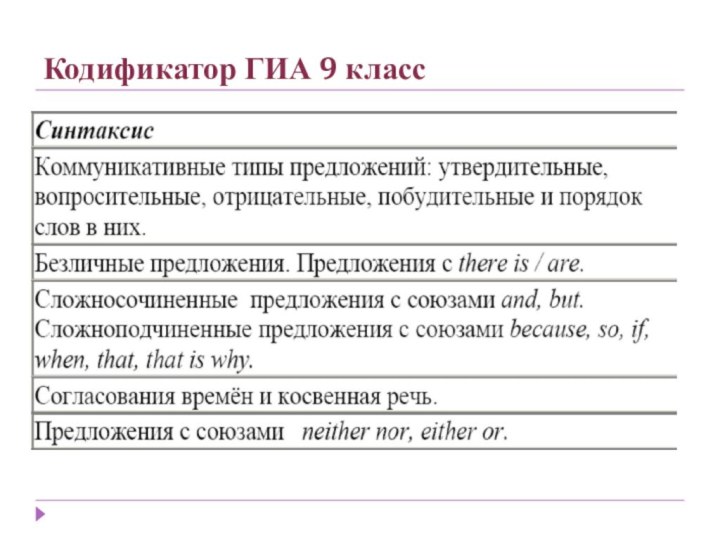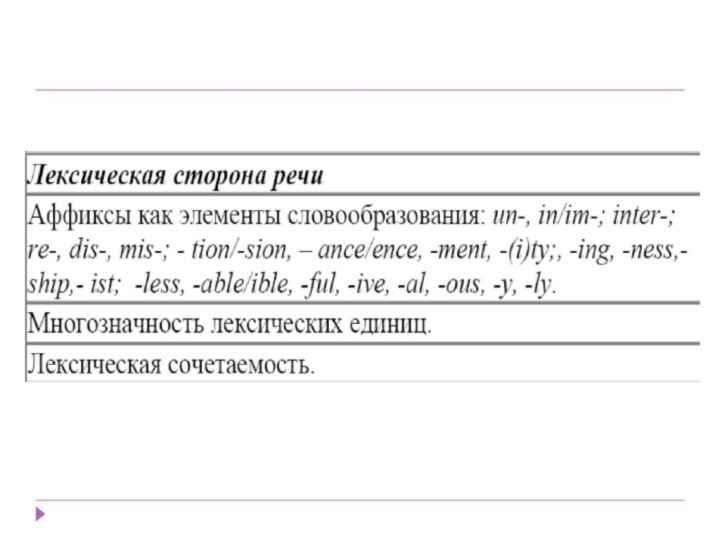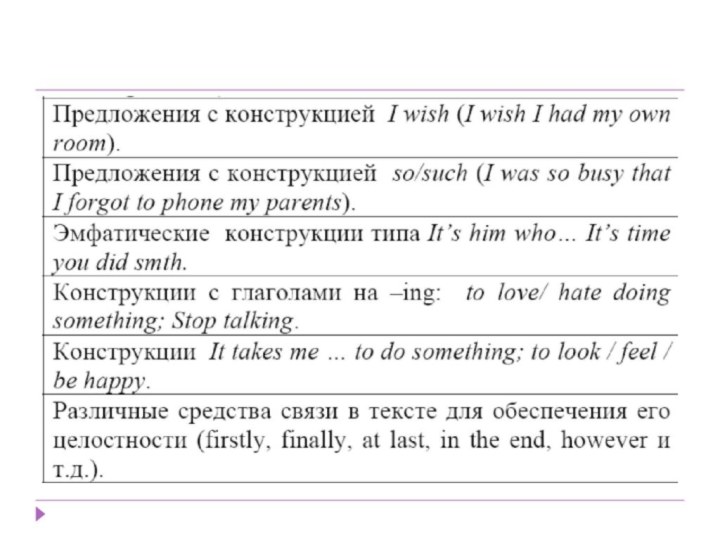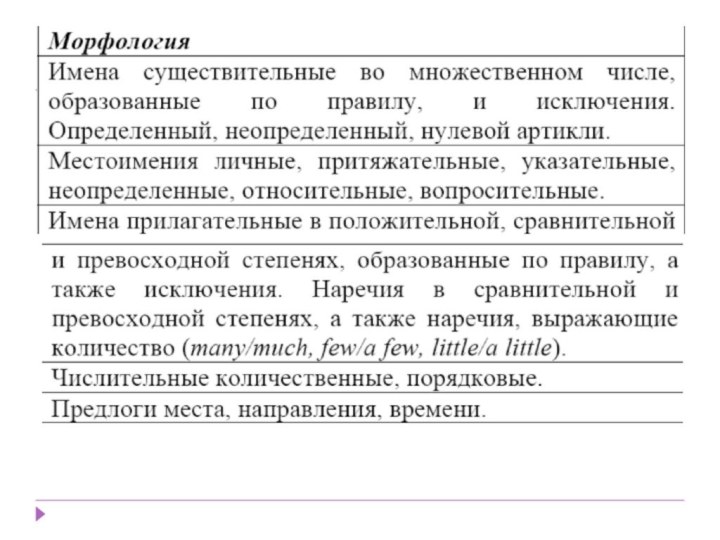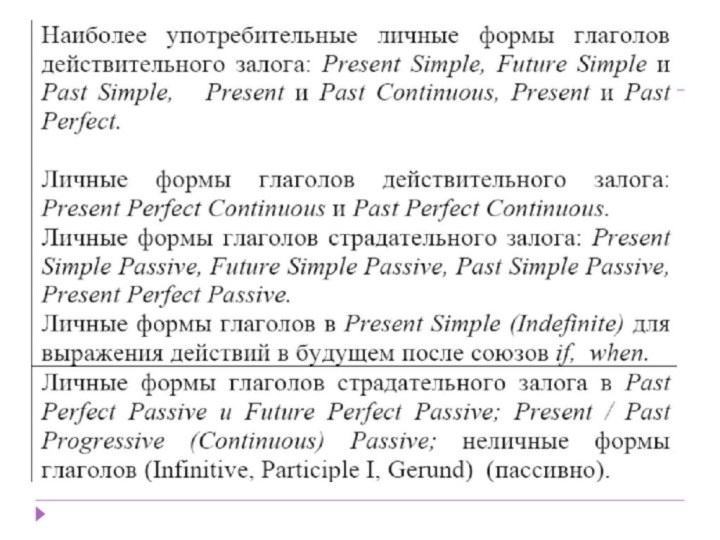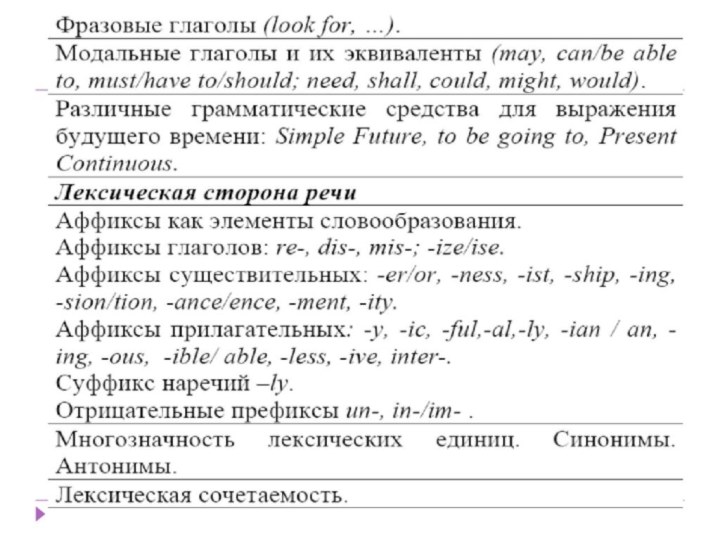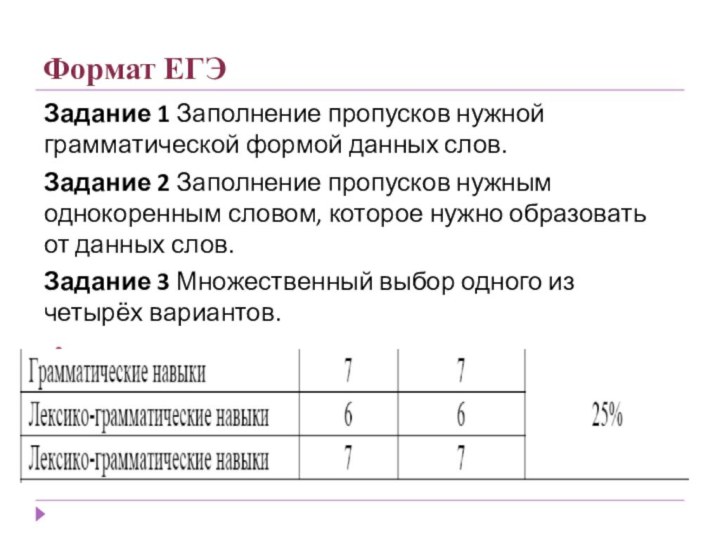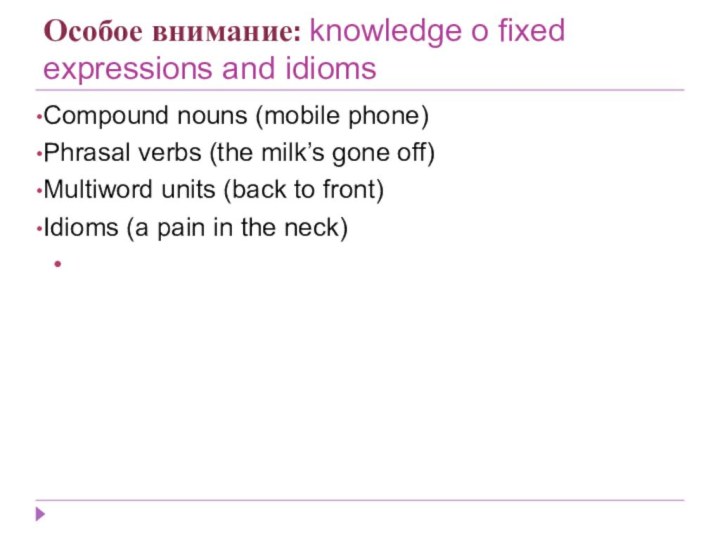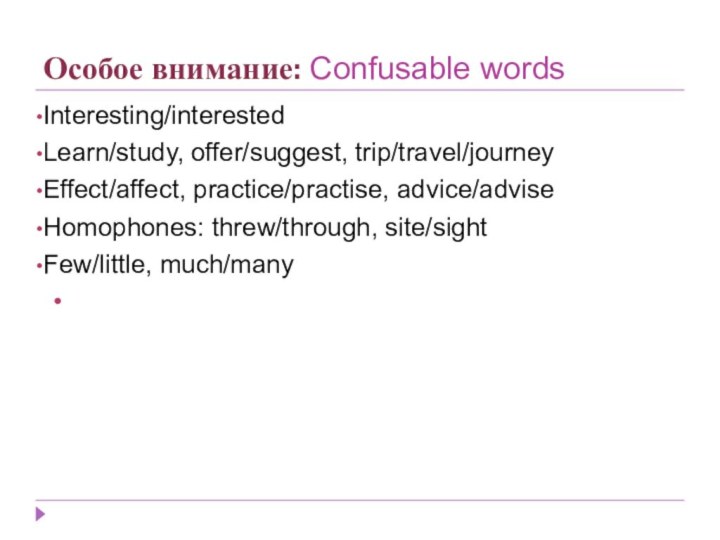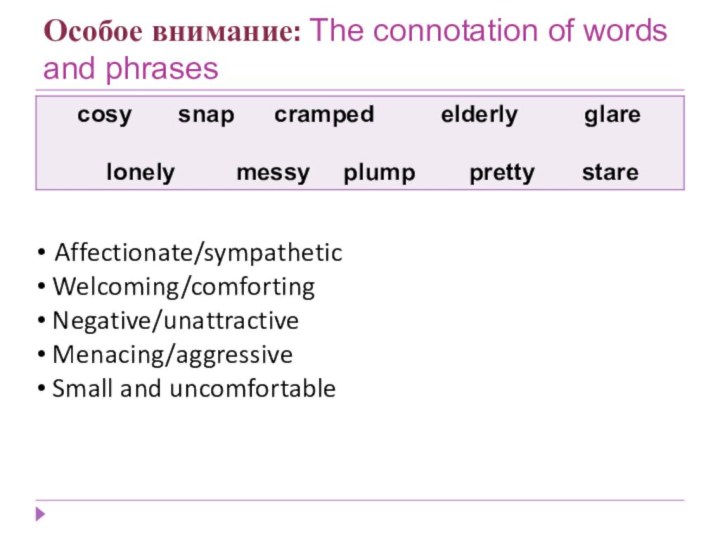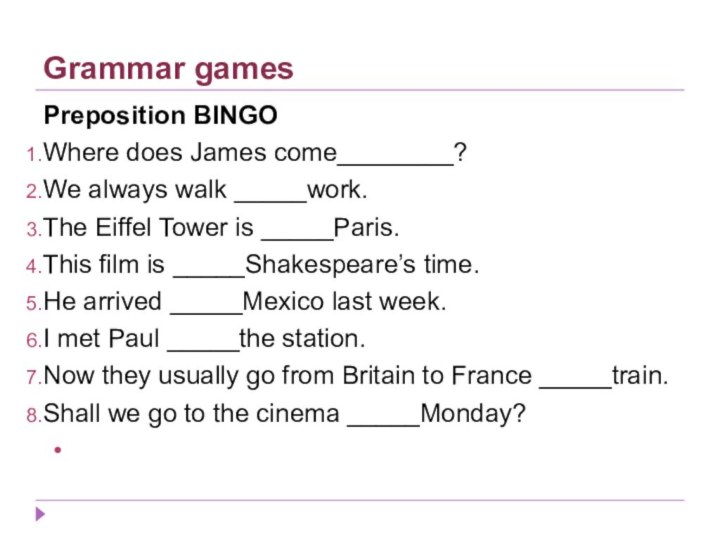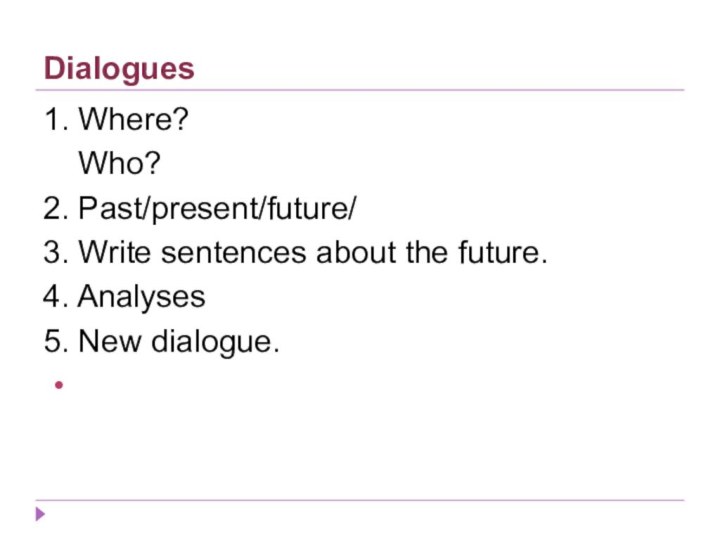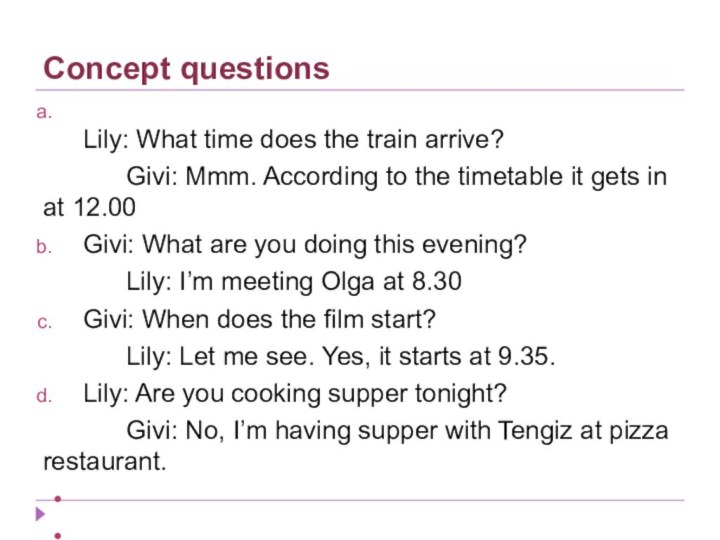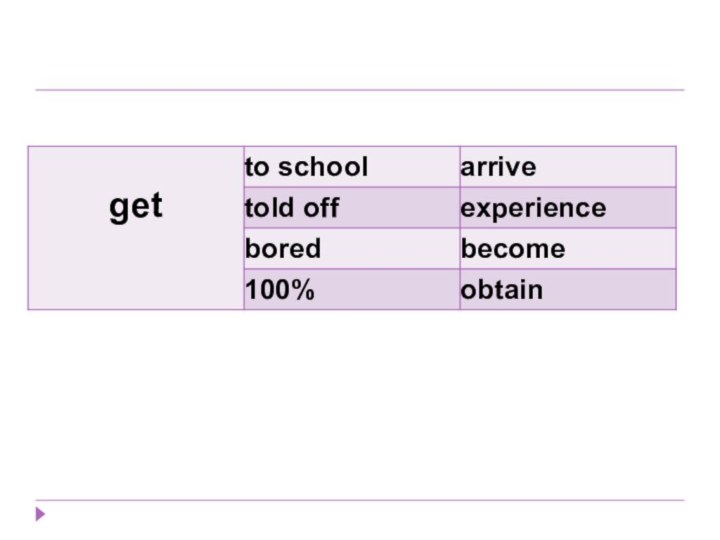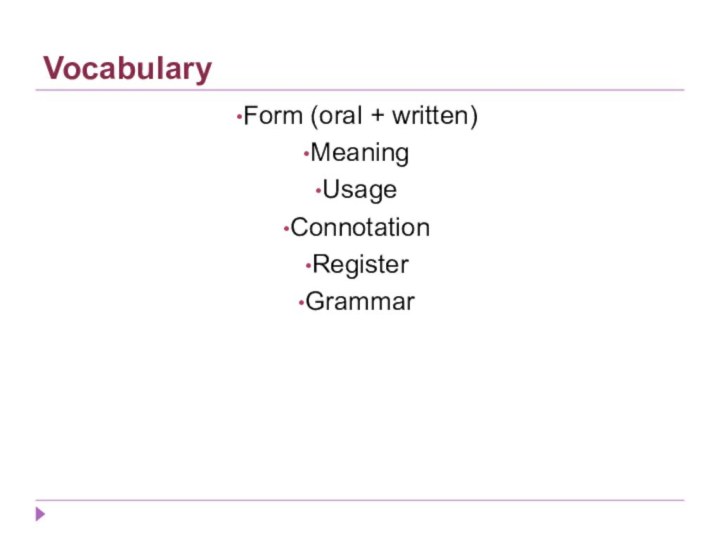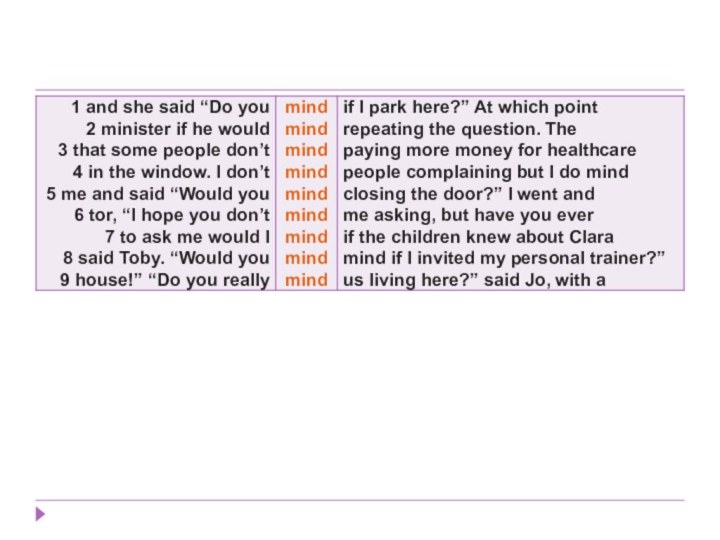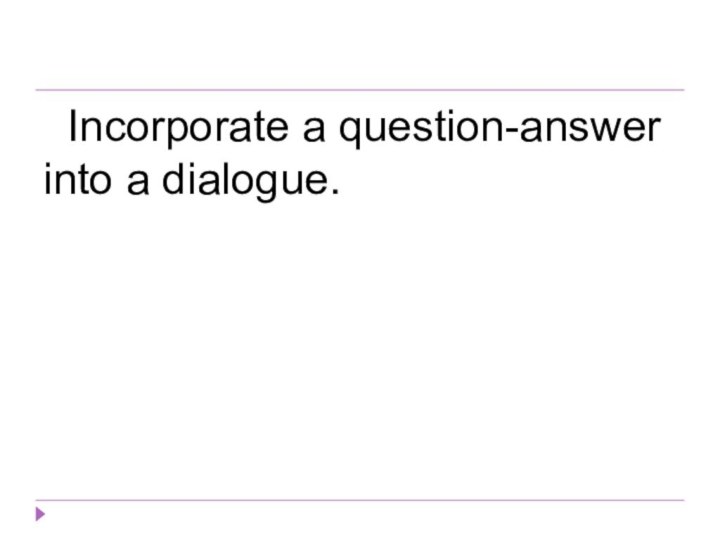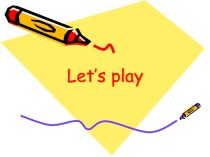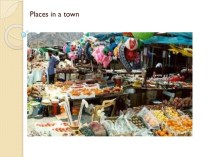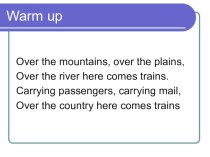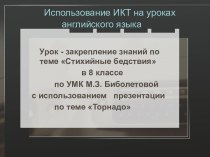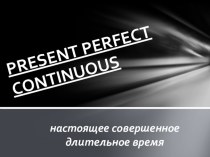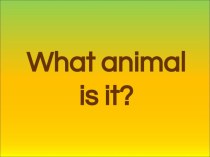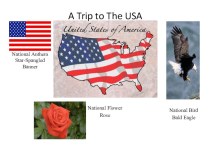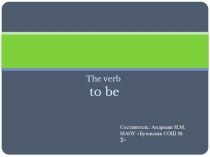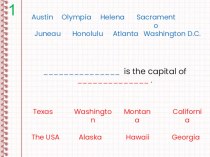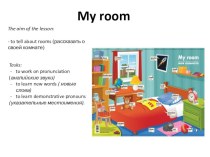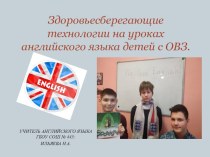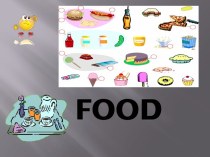Слайд 2
Vocabulary vs. Grammar
How far do you agree with
the following sentences?
Students should know grammar rules.
We should do
grammar exercises every lesson.
Vocabulary is more important than grammar.
Students in secondary school are unable to understand grammar rules, so it’s better not to waste time on teaching grammar and spend it on teaching vocabulary.
Lack of grammar knowledge can prevent from effective communication.
Слайд 3
Обучение грамматике
Грамматика – «раздел языкознания, в
котором изучаются закономерности изменения и сочетания слов, образующих осмысленные
предложения и высказывания». (В.Г.Гак)
Слайд 5
Структурный метод
Основные этапы:
Аудирование речевых образцов с грамматической структурой
в той или иной последовательности.
Хоровое и индивидуальное проговаривание.
Вопросно-ответные
упражнения с учителем и в парах.
Учебный диалог с несколькими структурами.
Слайд 6
Коммуникативный метод
Основные этапы:
Предварительное слушание подлежащего усвоению материала в
конкретной речевой ситуации.
Имитация в речи при наличии речевой задачи.
Группировка
схожих по смыслу (форме) фраз, одновременная отработка однотипных фраз.
Разнообразные обстоятельства автоматизации.
Слайд 7
Дедуктивный метод
Основные этапы:
Изучается правило, сформулированное с использованием специфических
грамматических терминов.
Учащиеся находят данную структуру в тексте, анализируют его.
Выполнение
подстановочных упражнений.
Трансформационные упражнения.
Переводные упражнения.
Слайд 8
Индуктивный подход.
Основные этапы:
Предъявление текста (набора предложений) с достаточно
большим кол-вом нового грамматического явления в контексте.
Формулирование правила учащимися.
Выполнение
упражнений на подстановку.
Выполнение упражнений на трансформацию.
Переводные упражнения.
Слайд 9
Задачи на старшую школу
Повторение и консолидация
Найти и ликвидировать
пробелы в знаниях
Показать приёмы самообразования.
Дать возможность попрактиковаться в заданиях
определённого типа.
Слайд 19
Формат ЕГЭ
Задание 1 Заполнение пропусков нужной грамматической формой
данных слов.
Задание 2 Заполнение пропусков нужным однокоренным словом,
которое нужно образовать от данных слов.
Задание 3 Множественный выбор одного из четырёх вариантов.
Слайд 20
Особое внимание: Collocations
One of the most
charming and enduring images of the ancient/antique city of
Cambridge – punting along the River Cam on a lazy summer afternoon – is quickly becoming one of the city’s biggest/largest headaches. A dramatic increase in/of the number of tourists taking to the river is leading to traffic lines/jams on the Cam and a level of noise that is bothering/disturbing the peace of the university.
Слайд 21
Упражнение 3 Выберите один из нескольких предложенных вариантов
однокоренных слов.
Mary could easily create exciting stories when she
was a child, and now she has turned into a promising imaginary/imaginative/imaginable writer.
The job losses/lost/losers will reduce the total workforce to 7 thousand.
The job of the new director-general was to ensure that performance/performing/performer targets were met.
He was sentenced to seven years’ prison/imprisonment/prisoner.
All in all, there were more losers than gainers/gainful/gainfully.
Слайд 23
Exist________________________________
Understand___________________________
Gain_________________________________
Trust_________________________________
Cook_________________________________
Develop_______________________________
Build_________________________________
Create__________________________________
Place___________________________________
Слайд 25
Особое внимание: knowledge o fixed expressions and idioms
Compound
nouns (mobile phone)
Phrasal verbs (the milk’s gone off)
Multiword units
(back to front)
Idioms (a pain in the neck)
Слайд 26
Особое внимание: Confusable words
Interesting/interested
Learn/study, offer/suggest, trip/travel/journey
Effect/affect, practice/practise, advice/advise
Homophones:
threw/through, site/sight
Few/little, much/many
Слайд 27
Особое внимание: Awareness of style and difference
Open the
window!
Will you open the window?
Would you mind opening the
window?
Would you mind my opening the window?
Why haven’t you open the window before?
Isn’t it stuffy here? Should we open the window?
Why don’t you open the window?
Слайд 28
Особое внимание: The connotation of words and phrases
Affectionate/sympathetic
Welcoming/comforting
Negative/unattractive
Menacing/aggressive
Small and uncomfortable
Слайд 29
Ideas for practice exercises
Using learners’ errors (error correction)
Grammar
games
“Grammar auction”
Language quiz
“Grammar hunt”
Слайд 31
Grammar games
Preposition BINGO
Where does James come________?
We always walk
_____work.
The Eiffel Tower is _____Paris.
This film is _____Shakespeare’s time.
He
arrived _____Mexico last week.
I met Paul _____the station.
Now they usually go from Britain to France _____train.
Shall we go to the cinema _____Monday?
Слайд 32
“Grammar auction”
If you will touch the dog, it’ll
bite you.
If you give her the money, she’ll give
you her book.
Pete will annoyed if we’re late.
What will we do if it rains?
If you buy that bike, will you let me borrow it?
If you do that again was it bad for you?
Mary thinks your football team are win if you play the match tonight.
Слайд 33
Grammar auction
I’ll phone you if you give me
your number.
If you run quickly, you’ll get there before
the shop closes.
How get you home if there are no trains?
Слайд 34
What do learners need to be good at
grammar?
Notice new items
Understand the form of an item
Understand the
meaning of an item
Try things out in safe environment
Use new language in speaking and writing
Слайд 35
Language study techniques
Demonstration
Explanation (tables, graphs, time lines,
diagrams)
Discovery
Accurate reproduction (choral drill, controlled practice)
Immediate creativity
Check questions
Слайд 36
Demonstration techniques to present new language
Picture cards
Situations
Dialogues
Miming
Stories
Questionnaires
Keywords
Quizzes
Concept questions
Example
sentences
Слайд 37
Dialogues
1. Where?
Who?
2. Past/present/future/
3. Write sentences about
the future.
4. Analyses
5. New dialogue.
Слайд 39
Concept questions
Lily: What time does the train arrive?
Givi: Mmm. According to the timetable it
gets in at 12.00
Givi: What are you doing this evening?
Lily: I’m meeting Olga at 8.30
Givi: When does the film start?
Lily: Let me see. Yes, it starts at 9.35.
Lily: Are you cooking supper tonight?
Givi: No, I’m having supper with Tengiz at pizza restaurant.
Слайд 40
Example sentences
1.Get usually how school
do you to?
2.Your off
do you teacher get told by?
3.Ever English do during get you classes bored?
4.Homework got you have 100% for your ever?
Слайд 42
Vocabulary
Form (oral + written)
Meaning
Usage
Connotation
Register
Grammar
Слайд 43
Exercise types
Matching
Multiple choice.
Error correction
Sentence transformation
Cloze exercise
Gap-filling
Translation
Paraphrase (synonyms)
Слайд 44
MIND
state of mind
peace of mind
change your mind
make up
your mind
lose your mind
keep something in mind
be out of
your mind
have something on your mind
take your mind off something
all in the mind
mind your own business
never mind
I don’t mind
would you mind …?
do you mind!
Слайд 46
Patterns
mind + if – clause
mind + -ing
mind +
noun phrase + -ing
Слайд 47
Match the questions and the answers
